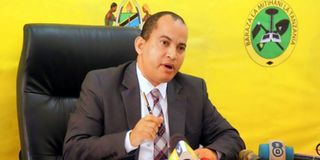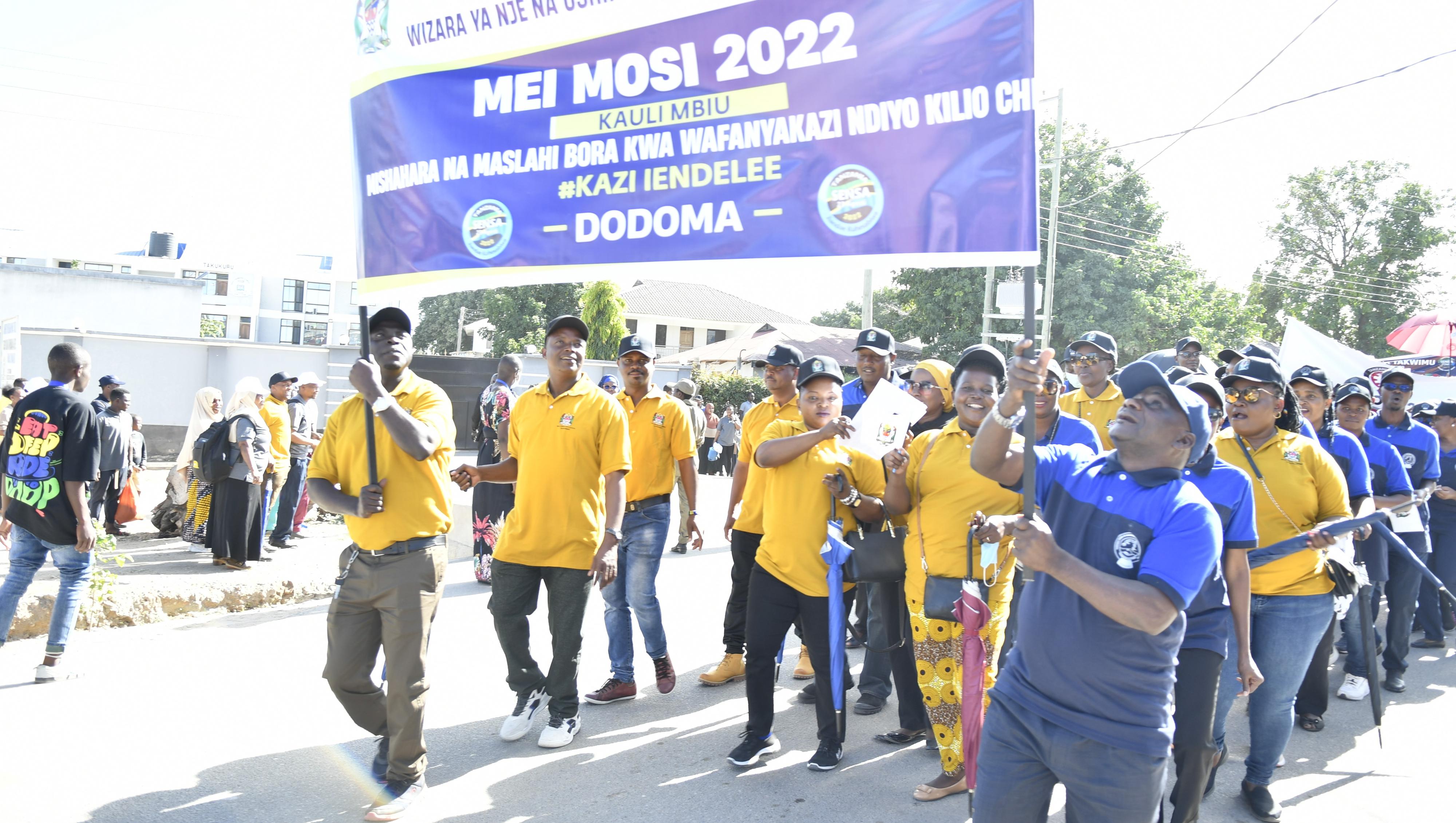Prime
Tanzania’s examination council warns against cheating as over half a million candidates begin Form Four exams

NECTA Executive Secretary Dr Said Mohamed. PHOTO | COURTESY
What you need to know:
- The warning, issued on November 10, 2024, follows reports of rising cases of exam malpractice in recent years.
Dar es Salaam. As 557,731 candidates begin their national Form Four examination on Monday, November 11, 2024, the National Examinations Council of Tanzania (NECTA) has issued a stern warning against any attempts at cheating or sabotage.
The warning, issued on November 10, 2024, follows reports of rising cases of exam malpractice in recent years.
Earlier in January, NECTA annulled results for 178 Grade Four students and 28 Form Two students involved in cheating during their 2023 assessments.
In 2023, NECTA also canceled the results of 337 Form Four candidates who had engaged in malpractice in the 2022 exams, along with taking action against schools and centers found complicit.
Speaking to journalists in Dar es Salaam, NECTA Executive Secretary Dr Said Mohamed expressed confidence in the candidates’ preparation and said that malpractices would not be tolerated.
“It is NECTA’s expectation that all candidates will adhere to examination regulations. The Council does not anticipate any candidate engaging in fraudulent activities. Any candidate found cheating will have their results canceled,” Dr Mohamed stated.
He emphasized NECTA's readiness to take legal action against those found responsible for exam malpractice.
This could include canceling results, revoking exam center registrations, disciplining staff, and pursuing criminal charges.
Dr Mohamed also urged school owners to support the integrity of the exams by refraining from interfering with exam supervisors.
“The Council calls on the community to ensure exams are conducted peacefully and smoothly. The public is urged to prevent unauthorized individuals from entering school premises during the exam period,” he added.
Among this year’s candidates, 529,321 are school candidates—250,562 boys (47.34 percent) and 278,759 girls (52.66 percent).
There are 1,088 school candidates with special needs, including those with low vision, blindness, hearing impairments, intellectual disabilities, and physical disabilities.
Additionally, 28,410 are independent candidates, with girls representing 60.69 percent. Of these, 18 candidates have special needs.
Dr Mohamed also noted that over 100,000 students had dropped out since Form Two, when the student count stood at 690,341.
Addressing exam cheating, education analyst Dr Thomas Jabir attributed the problem to intense competition for high rankings among schools, which some use to attract more students.
“Education should go beyond exams and focus on intellectual growth, not memorization, which leads to pressure and malpractices,” Dr Jabir stated.
Education researcher Mr Muhanyi Nkoronko highlighted that cheating impacts both students and schools.
He recommended stricter laws against school owners involved in cheating and encouraged a shift in society’s mindset away from measuring success solely through academic performance.
“When students are well-taught, they apply their knowledge and do not need to resort to cheating,” Mr Nkoronko added.




